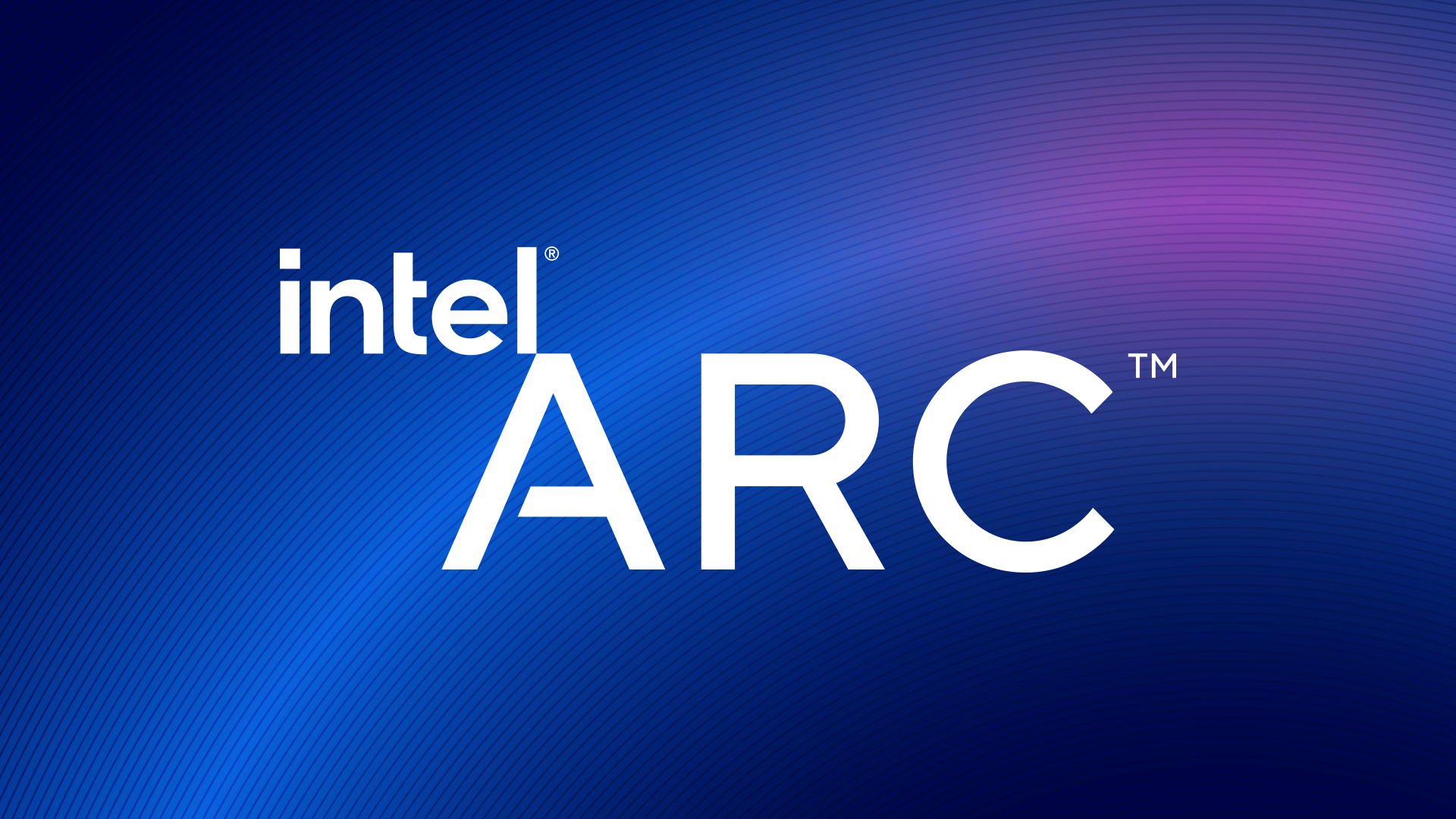Intel Arc GPUs could give gamers a reason to drop Windows 11 for Linux
Resizable BAR is coming

Intel's developers are working on bringing Resizable BAR (or ReBAR) to its upcoming ARC graphics cards for Linux, which is great news for PC gamers who are looking to jump ship from another operating system like Windows 11.
As reported by Phoronix, DG2/Alchemist support has already been spotted within the Linux kernel and Mesa drivers already, but performance optimization is still a bit shaky. A set of patches for small BAR recovery support for the Intel kernel graphics driver have already been released last week for testing and are currently under review, so we're expecting to see them introduced in the Linux V5.18 kernel.
A note within the patch states that "Starting from DG2 we will have resizable BAR support for device local-memory, but in some cases the final BAR size might still be smaller than the total local-memory size. In such cases only part of local-memory will be CPU accessible, while the remainder is only accessible via the GPU. This series adds the basic enablers needed to ensure that the entire local-memory range is usable."
For those unaware, ReBAR is a PCI Express interface technology that can boost the frame rate performance by removing the 256MB block read limiter, allowing your CPU to have full access to the frame buffer. What this means is that rather than smaller, 'chopped up' sections of data being sent from the CPU to the GPU, the GPU can now ask for much larger files or data chunks and get them sent by the CPU all at once.
The only downside right now is that not many games actually support ReBAR, although these do include plenty of top games like Hitman 3, Red Dead Redemption 2, and even Cyberpunk 2077, and some early tests actually resulted in lower performance rather than improved ones.
Nvidia added ReBAR support back in March 2021 for most of its Ampere line, and AMD also has had a similar tech called Smart Access Memory (SAM) which creates a digital 'switch' within the BIOS. With Intel joining the rest of the market with offering ReBAR, there are hopes that more games will be introduced that support the feature, as well as introducing it to existing games where players could reap the benefits of those additional few frames.
Analysis: market monopolies are bad m'kay?
Intel's imminent arrival on the graphics card market can't come soon enough if you look at the current state of the market. Both GPU stock availability and pricing have had their ups and downs over the last 14 months since both AMD and Nvidia released their current generation of graphics cards, and the typically affordable options are often the models worst affected, with people scrambling to get a budget-friendly GPU for their system.
Sign up for breaking news, reviews, opinion, top tech deals, and more.
It's doubtful that Intel is going to sweep in and save the day, but people have expressed a keen interest in Intel joining the party. ReBAR might be a pretty small consideration to some, but ensuring that all three cards can offer a similar experience across Linux could prevent folks who feel stuck using the Windows 11 or previous Windows 10 operating system. As the system requirements for Windows 11 are so high, older hardware that's physically unable to make the upgrade could become dedicated Linux machines.
It's getting some time in the spotlight too, as Linux has also finally had its opportunity to shine in recent months with the SteamDeck running a Linux-based OS and more companies expanding their drivers and compatibility to ensure Linux systems are supported.
It's early days, but all this increased support might result in more people taking the plunge into using Linux over other operating systems. Intel could have added ReBAR for Linux users at a later date, or even omitted it entirely given how small the market share of Linux users is, but announcing that drivers are in development prior to the ARC GPU release is a sign that we could see a boost to Linux users over the next few years.
- These are the best graphics cards
Via PCGamer

Jess is a former TechRadar Computing writer, where she covered all aspects of Mac and PC hardware, including PC gaming and peripherals. She has been interviewed as an industry expert for the BBC, and while her educational background was in prosthetics and model-making, her true love is in tech and she has built numerous desktop computers over the last 10 years for gaming and content creation. Jess is now a journalist at The Verge.